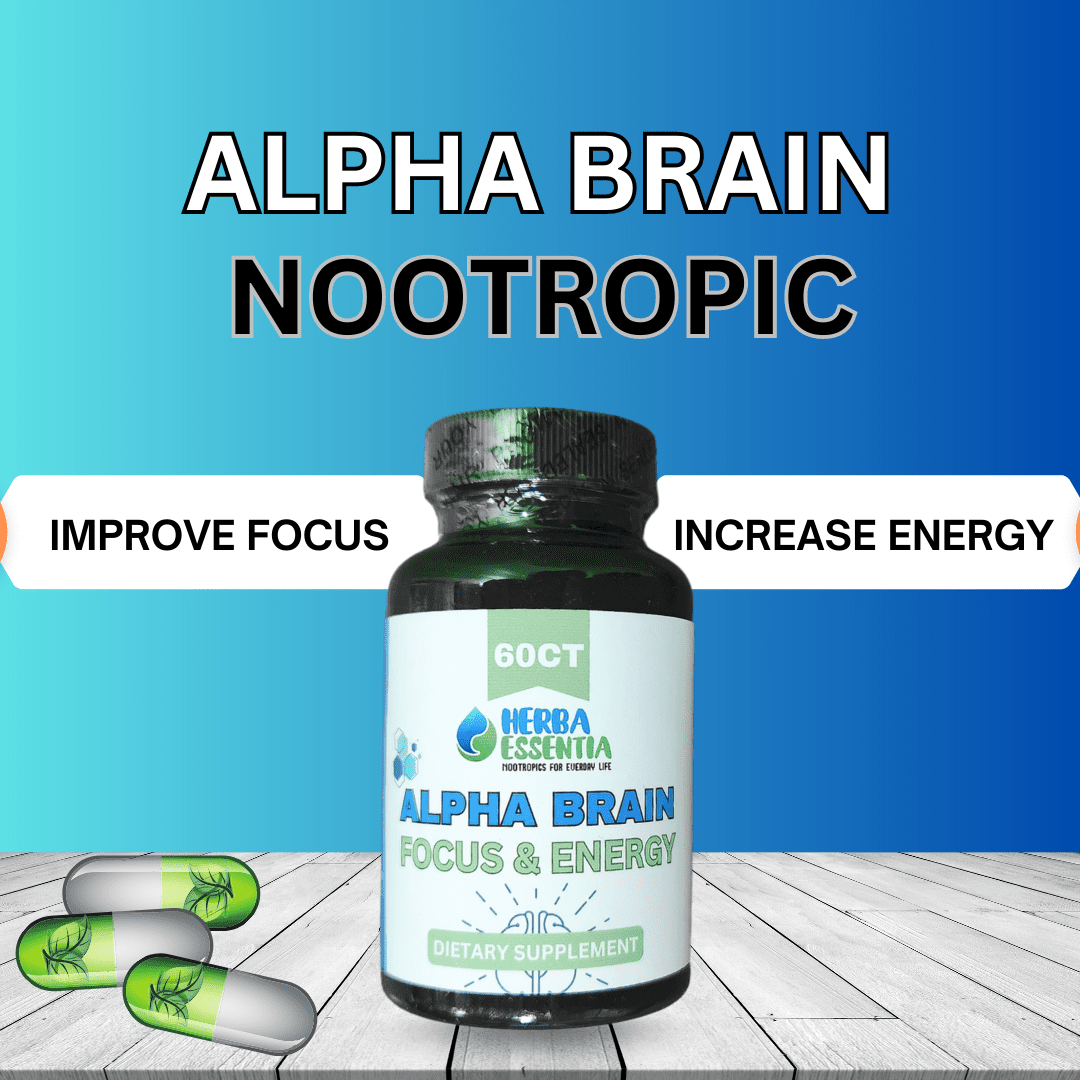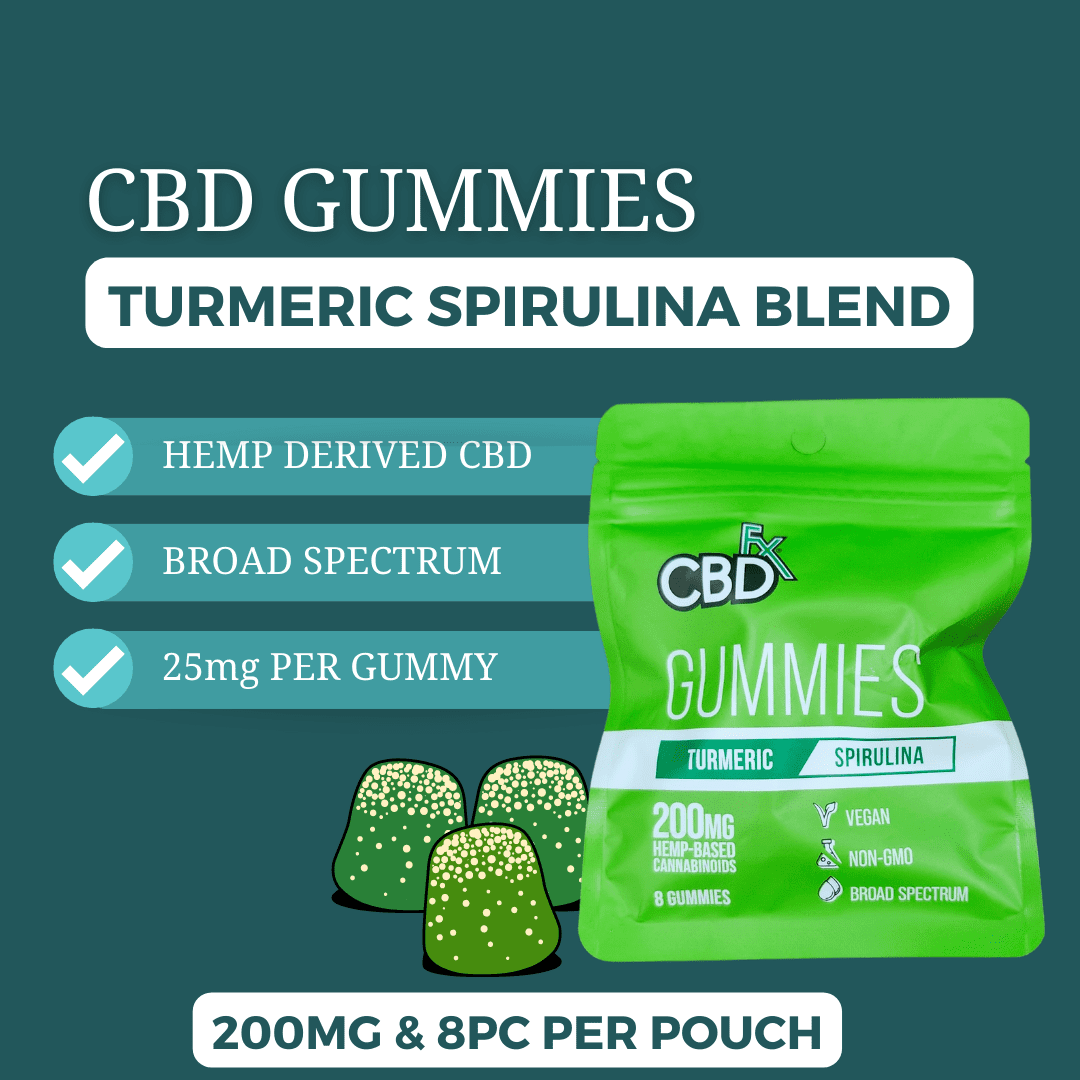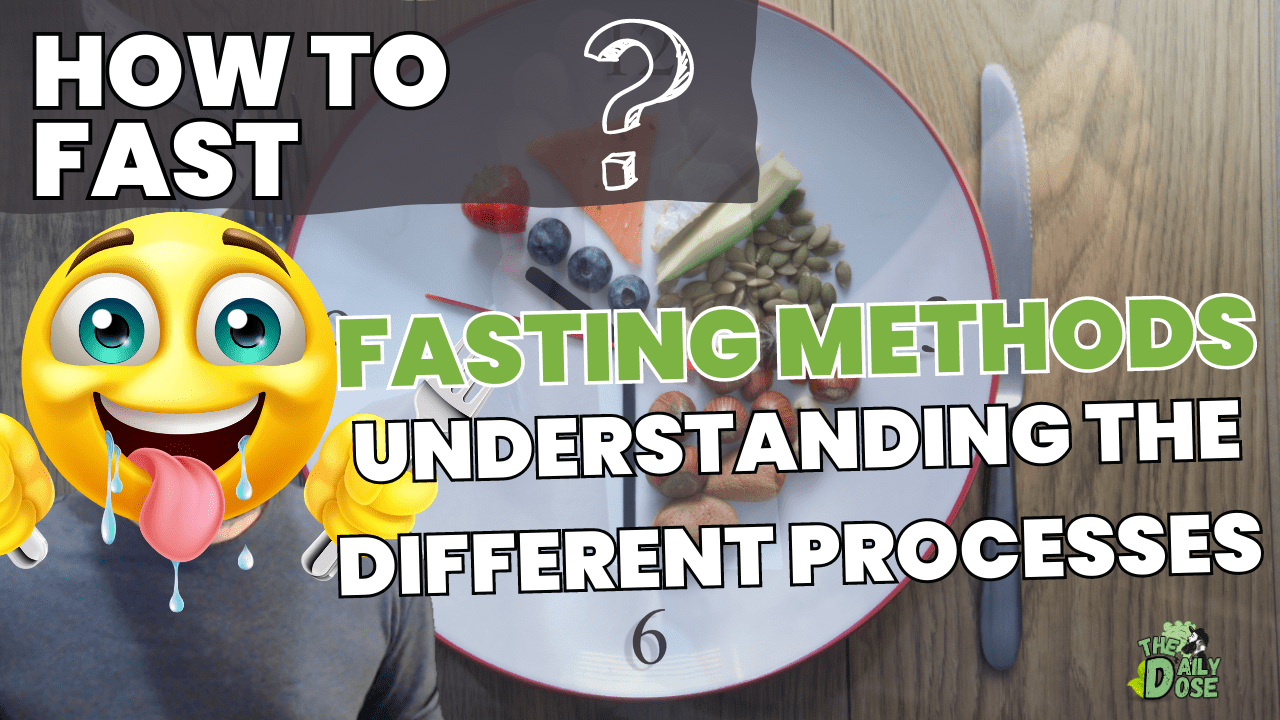To Listen To The Full Audio Episode Click Here: The Daily Dose Podcast Audio
Table of contents
Intermittent Fasting How To Start Now
Introduction
Welcome to our comprehensive guide on intermittent fasting. In this article, we delve into the concept of intermittent fasting, its benefits, and how it can positively impact your overall well-being. Get ready to embark on a journey towards a healthier lifestyle!
What is Intermittent Fasting?
Intermittent fasting is an eating pattern that involves cycling between periods of fasting and eating. It is not a diet but rather an eating pattern that determines when to eat, rather than what to eat. The focus is on the timing of meals and optimizing the body’s natural metabolic processes.
Understanding the Different Types of Intermittent Fasting
1. 16/8 Method: The Lean and Mean Approach
The 16/8 method involves fasting for 16 hours and restricting your eating window to 8 hours each day. This approach is popular due to its simplicity and flexibility. It is often recommended for beginners as it allows for a relatively long fasting period while still providing a window for regular meals.
2. 5:2 Diet: The Balanced Approach
The 5:2 diet involves eating normally for five days a week and restricting calorie intake to 500-600 calories for the remaining two days. This approach is more flexible and can be adjusted to fit individual preferences. It focuses on calorie restriction rather than strict fasting, making it easier to adhere to in the long run.
3. Eat-Stop-Eat: The Occasional Fasting Method
Eat-Stop-Eat involves fasting for a full 24 hours, once or twice a week. This approach requires more discipline and may not be suitable for everyone. However, it has shown promising results in terms of weight loss and cellular rejuvenation.
4. Alternate-Day Fasting: The Challenging Approach
Alternate-Day Fasting is characterized by fasting every other day, with a complete restriction of calorie intake on fasting days. This method can be more challenging to follow, but it has demonstrated significant health benefits, including improved insulin sensitivity and reduced inflammation.

The Benefits of Intermittent Fasting
Intermittent fasting offers numerous health benefits that go beyond just weight loss. Here are some of the key advantages:
1. Weight Loss and Metabolic Health
Intermittent fasting can help you shed excess weight by promoting fat burning and boosting your metabolism. It has been shown to be as effective, if not more, than calorie-restricted diets. By optimizing your body’s insulin levels, intermittent fasting also aids in reducing the risk of developing type 2 diabetes.
2. Improved Brain Function
Studies suggest that intermittent fasting can enhance brain health and cognitive function. It stimulates the production of brain-derived neurotrophic factor (BDNF), a protein that promotes the growth and protection of brain cells. This, in turn, may help prevent neurodegenerative diseases and improve mental clarity.
3. Enhanced Autophagy and Cellular Repair
Autophagy is the body’s natural process of cellular waste removal and regeneration. Intermittent fasting triggers autophagy, allowing for the elimination of damaged cells and the regeneration of healthy ones. This process is crucial for cellular rejuvenation and can potentially slow down the aging process.
4. Reduced Inflammation and Disease Prevention
Chronic inflammation is a common underlying factor in various diseases, including heart disease, cancer, and autoimmune conditions. Intermittent fasting has been found to reduce inflammation markers in the body, thus lowering the risk of developing these conditions and promoting overall longevity.

Getting Started with Intermittent Fasting
1. Consult with a Healthcare Professional
Before embarking on any new dietary approach, it is essential to consult with a healthcare professional or a registered dietitian. They can evaluate your specific needs, address any concerns, and provide personalized recommendations tailored to your health status.
2. Start Slowly and Listen to Your Body
If you’re new to intermittent fasting, it’s advisable to start with a less restrictive method, such as the 16/8 method, and gradually progress towards more challenging fasting protocols. Pay attention to your body’s signals and adjust your fasting schedule accordingly.
3. Stay Hydrated and Opt for Nutrient-Dense Foods
During fasting periods, it’s crucial to stay hydrated by drinking water, herbal tea, or other non-caloric beverages. When breaking your fast, focus on consuming nutrient-dense whole foods that provide essential vitamins, minerals, and antioxidants to support your overall health.
4. Be Consistent and Patient
Like any lifestyle change, intermittent fasting requires consistency and patience. It may take time for your body to adapt to the new eating pattern. Stick to the schedule, monitor your progress, and be mindful of the positive changes happening within your body.

Key scientific aspects:
1. Impact on Cellular and Molecular Functions
- Autophagy: Fasting triggers autophagy, a process where cells clean out damaged components. This process is crucial for cellular repair and healthy aging.
- Hormonal Changes: Fasting influences several key hormones. For example, insulin levels drop significantly, which facilitates fat burning. Human Growth Hormone (HGH) levels increase, promoting muscle growth and other benefits.
2. Changes in Energy Sources
- Switching to Fat Burning: During fasting, the decrease in insulin levels and the depletion of glycogen (stored glucose) lead the body to start using fat as an energy source, which can result in weight loss.
- Ketosis: Prolonged fasting periods can lead the body into ketosis, where it starts to burn ketones – substances made when the body breaks down fat for energy, in the absence of sufficient carbohydrates.
3. Impact on Metabolic Health
- Improved Insulin Sensitivity: Intermittent fasting can improve insulin sensitivity, reducing the risk of type 2 diabetes.
- Lowering Blood Pressure and Cholesterol: Studies suggest IF can lower blood pressure, cholesterol, and triglyceride levels, thereby improving heart health.
4. Effects on Brain Health
- Neuroprotective Benefits: Fasting boosts the production of brain-derived neurotrophic factor (BDNF), which is beneficial for brain health and may protect against depression and other mental health issues.
- May Delay Neurodegenerative Diseases: There is growing evidence suggesting that IF can slow the progression of neurodegenerative diseases like Alzheimer’s and Parkinson’s.
5. Weight Loss and Body Composition
- Caloric Restriction: IF naturally leads to reduced calorie intake, contributing to weight loss and fat loss.
- Preservation of Muscle Mass: Unlike continuous calorie restriction,
IF may be more effective in preserving muscle mass while losing fat, especially when combined with resistance training.
6. Longevity and Aging
- Potential to Extend Lifespan: Animal studies have shown that IF can extend lifespan. This is thought to be related to reduced oxidative stress, improved metabolic functions, and enhanced cellular repair processes.
- Reducing Disease Risk: By improving various metabolic factors, IF might reduce the risk of age-related diseases.
7. Inflammation and Immune System
- Reduction in Inflammation: Some studies indicate that IF can reduce markers of inflammation, which is a key driver of many chronic diseases.
- Immune System Reset: Fasting, particularly prolonged fasting, can lead to the regeneration of new immune cells, essentially “resetting” the immune system.
8. Gut Health
- Impact on Gut Microbiome: Fasting can affect the gut microbiome, leading to improved gut health, though the exact mechanisms and outcomes are still being studied.
9. Psychological and Behavioral Aspects
- Behavioral Change and Discipline: IF can instill a sense of discipline in eating habits and improve one’s relationship with food.
- Mental Clarity and Concentration: Many practitioners of IF report improved mental clarity and concentration during fasting periods.

Conclusion: The Science Is Real
Intermittent fasting is a powerful tool that can positively impact your health and well-being. By incorporating this eating pattern into your lifestyle, you can experience weight loss, improved brain function, enhanced cellular repair, and reduced inflammation. Remember, consistency and patience are key when embarking on the intermittent fasting journey. Consult with a healthcare professional and listen to your body as you progress towards a healthier and more vibrant life.
Remember, when implementing any new lifestyle change, it’s essential to listen to your body and consult with a healthcare professional. By following the principles of intermittent fasting and making it a part of your daily routine, you’re on the right track to achieving your health and wellness goals. Stay committed, be patient, and embrace the positive changes that intermittent fasting can bring to your life.
FAQS
Intermittent fasting is an eating pattern that involves cycling between periods of fasting and eating. It focuses on when to eat rather than what to eat and optimizes the body’s natural metabolic processes.
The 16/8 Method: This method involves fasting for 16 hours and restricting the eating window to 8 hours each day.
The 5:2 Diet: This approach includes eating normally for five days and restricting calorie intake to 500-600 calories for the remaining two days.
Eat-Stop-Eat: This method requires a full 24-hour fast once or twice a week.
Alternate-Day Fasting: This approach involves fasting every other day with complete calorie restriction on fasting days
Weight Loss and Metabolic Health: Intermittent fasting promotes fat burning and boosts metabolism, aiding in weight loss and reducing the risk of type 2 diabetes.
Improved Brain Function: It enhances brain health and cognitive function by stimulating the production of brain-derived neurotrophic factor (BDNF).
Enhanced Autophagy and Cellular Repair: Intermittent fasting triggers autophagy, which removes damaged cells and promotes cellular regeneration.
Reduced Inflammation and Disease Prevention: It lowers inflammation markers, reducing the risk of chronic diseases such as heart disease, cancer, and autoimmune conditions.
Consult with a healthcare professional or registered dietitian to assess your specific needs and receive personalized recommendations.
Start with a less restrictive fasting method, such as the 16/8 method, and gradually progress to more challenging protocols.
Stay hydrated during fasting periods and choose nutrient-dense foods when breaking your fast.
Be consistent with your fasting schedule, monitor your progress, and listen to your body’s signals.
It is advisable to consult with a healthcare professional or registered dietitian before starting any new dietary approach. They can evaluate your individual health status, address concerns, and provide personalized recommendations to ensure that intermittent fasting is suitable for you.
Related Articles:
- Treating Insomnia 15 Tips To Aid Sleep
- Understanding Sleep Disorders With Dr. Lucinda Sykes
- Diabetes And Mental Health The Connections
- Top 10 Supplements For Nutrition And Health
- Best Mushroom For Health Lion’s Mane
- Health Benefits of Mushrooms Explored
Meet The Author





